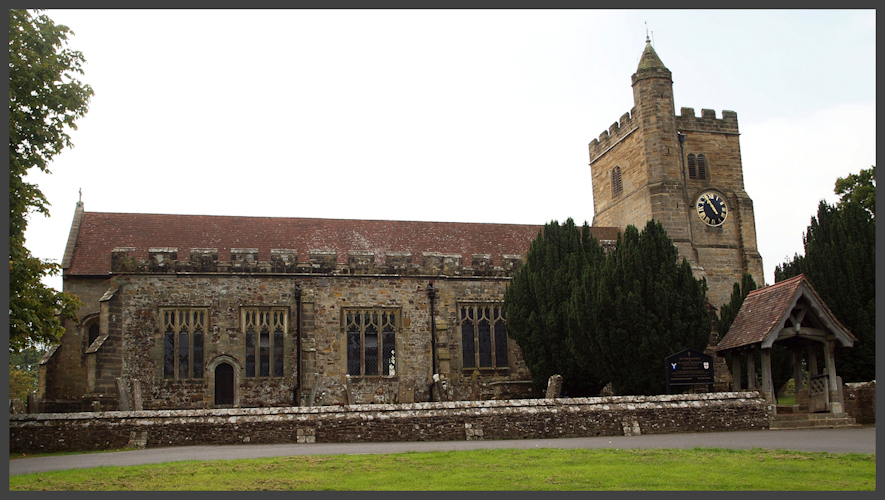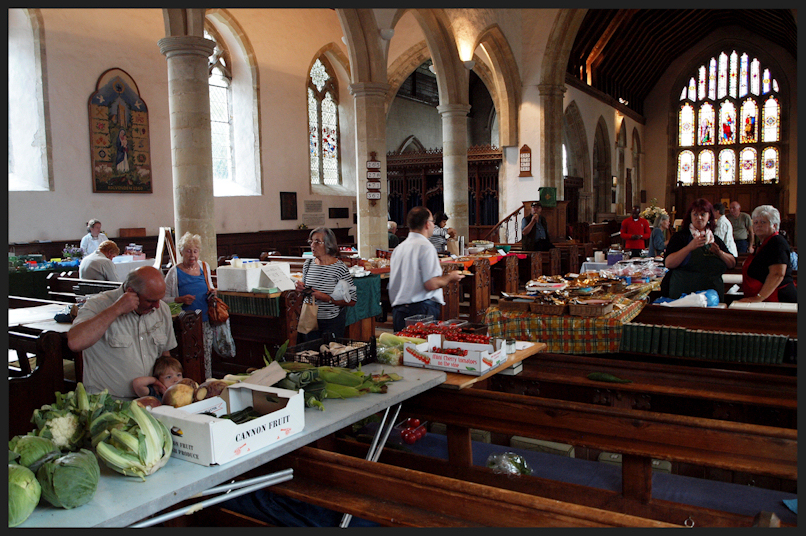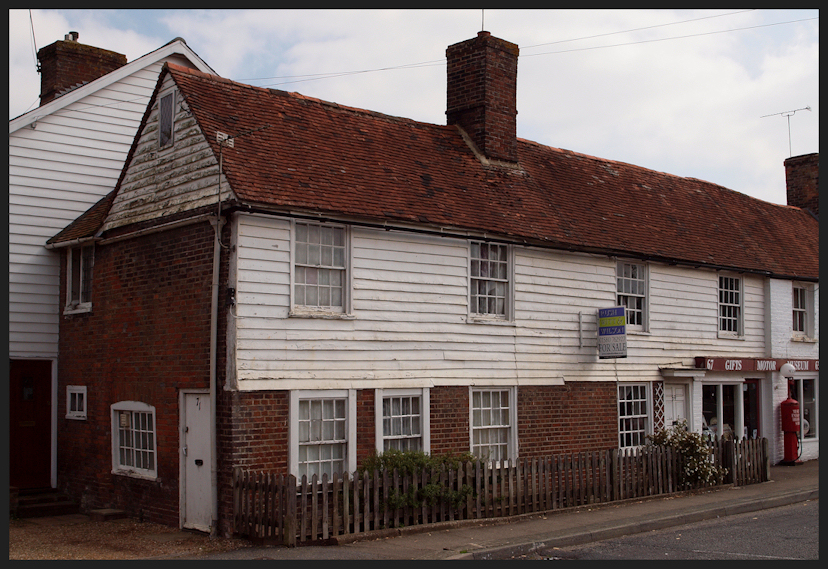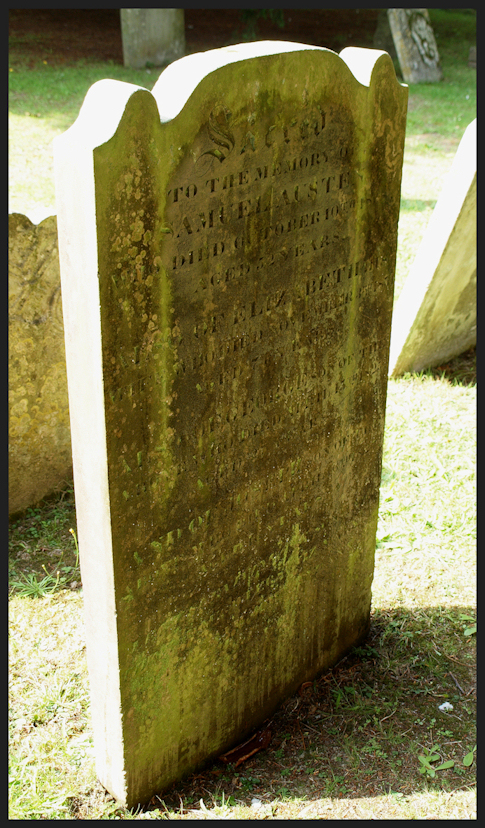A week or two ago Virginia Hughes wrote a series of blog posts on personhood for National Geographic. One of them was about our relationship with our pets. In it she says:
When it comes to animals, my choices are full of contradictions and hypocrisies. I eat meat, wear leather, and endorse the use of animal models in medical research. On the other hand, I’m totally taken with the growing body of research demonstrating that non-human animals have cognitive skills once thought to be uniquely human. I believe animal cruelty is wrong and, as regular readers know all too well, I consider my dog part of the family.
Yes, in general I agree with this, although I’m not so happy about the use of animals in medical research. I can see that it is necessary to do some initial drug testing using animals and that behavioural studies could be useful, but these have to be well controlled and strictly necessary. Which is why research institutions have Ethics Committees. That doesn’t necessarily mean I like it. But we must not be using animals for testing things like cosmetics, household cleaners etc.
I fully admit that it is hypocritical of me to eat meat and wear leather when I expect others to rear, slaughter and butcher the animals for me. This is not a comfortable position.
I know that were I to have to procure my own meat then I would never eat beef, pork, lamb etc. again. I could despatch a fish. I could probably smack a bunny on the head, or top a chicken, but couldn’t deal with anything bigger. And I would have to be driven to even this by real, real hunger.
There are few, if any, things I can kill with a clear conscience. Even things I detest, like maggots, I still dislike killing. We gaily believe that these “lower animals” are not sentient. But are they? We have no way of knowing. And if some are, where is the line to be drawn between those that are and those that aren’t. As Virginia Hughes says, the more we learn about animals the more we realise is going on in their heads.
It is a perennial moral and philosophical dilemma.
While I wouldn’t go as far as some Hindu sects who won’t eat meat or eggs because they may be the reincarnation of an ancestor, I do feel that all living creatures deserve respect and have as much right to life as humans. If this is so, who can blame a tiger for killing and eating a man, when we will kill and eat a sheep, cow or pig?
Where I do draw the line is the gratuitous killing of animals, for example hunting or angling as a fun pastime. Hunting animals for food, done as humanely as possible, is one thing. Killing for the sake of it is, in my book, well out of order.
If we are going to eat meat then the least we can do is to try our best to ensure the animals have our respect in life (eg. good farming etc.) and a humane end. There is much to be said for the traditions in some ancient cultures of honouring the meat one is eating. Something which has been perpetuated in Christian circles as the saying of grace before meals. To this end we usually, at least at main meals, drink a toast to whatever noble beast we are eating.
Honour your enemies, for they too are humans beings. And similarly honour the animals you eat for they have given their lives to give you life.
Basically, respect all life. Indeed respect the whole of Nature.









